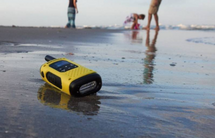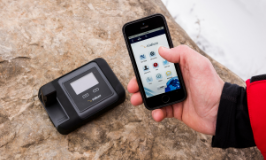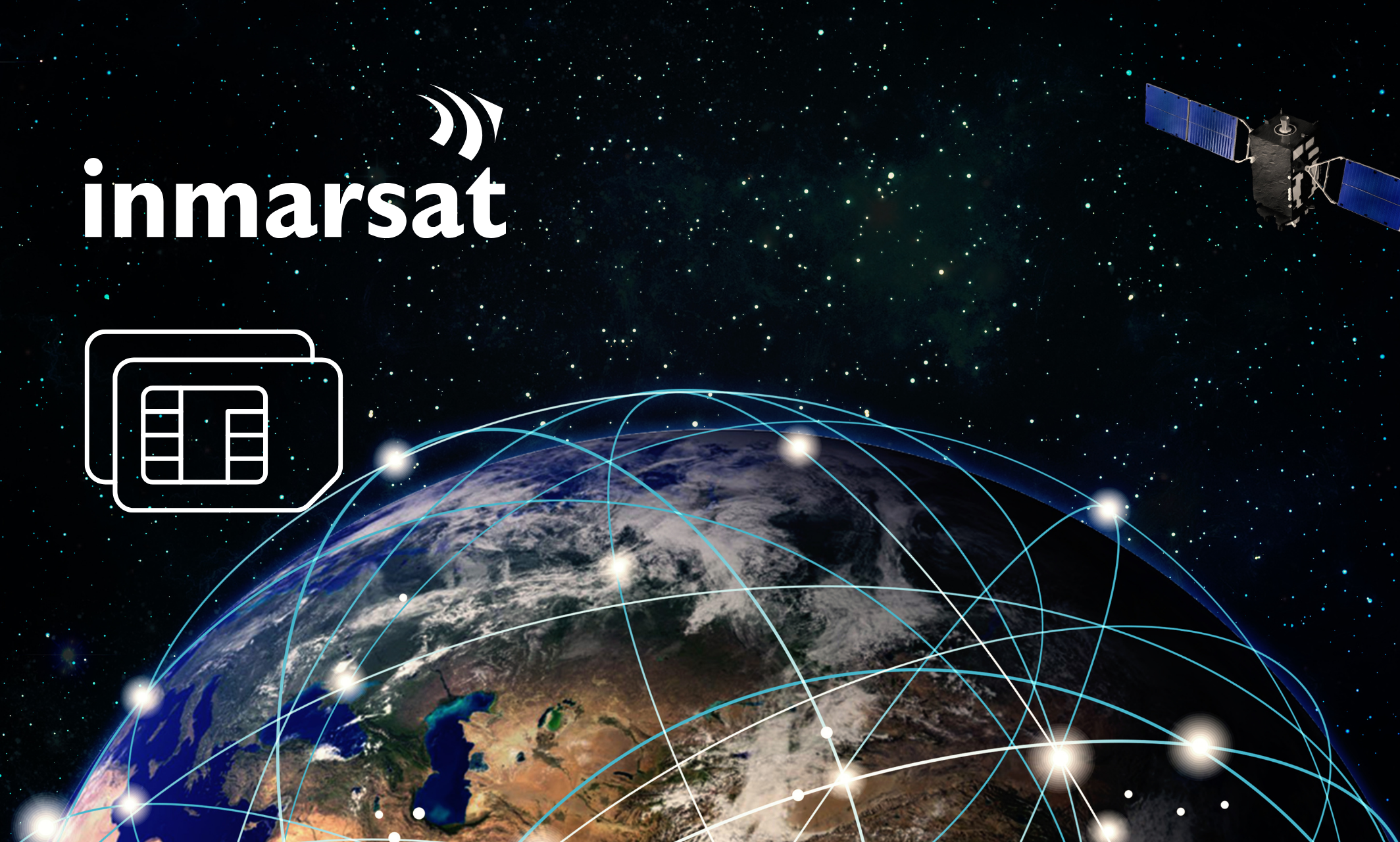CASE STUDY: The TUPEX-6 Experiment
 This year the TUPEX-6 was built for the annual REXUS 26 mission and launched on 19th March 2019. Each year two REXUS rockets and two BEXUs balloons are launched from Kiruna, Sweden at Estrange Space Center. The TUPEX-6 was the ideal program for launching REXUS/BEXUS into the upper atmosphere. Additionally it provides University students the opportunity to conduct, design and built scientific and technological experiments.
This year the TUPEX-6 was built for the annual REXUS 26 mission and launched on 19th March 2019. Each year two REXUS rockets and two BEXUs balloons are launched from Kiruna, Sweden at Estrange Space Center. The TUPEX-6 was the ideal program for launching REXUS/BEXUS into the upper atmosphere. Additionally it provides University students the opportunity to conduct, design and built scientific and technological experiments. 
The TUPEX-6 Experiment
Brian and his team were asked to conduct an experiment to demonstrate the capabilities of the picosatellite fluid-dynamic actuators (pFDA). The payload of TUPEX-6, an experiment vehicle, was developed. Data handling and the distribution of power systems required deliberation. Additionally, the team had to ensure that the communication system was via Globalstar satellites. This would enable the TUPEX-6 ground station to receive GPS data.The 'Vehicle'
The free-falling unit (FFU) is said vehicle. The rocket-borne equipment onboard the REXUS rocket was launched inside. After being ejected at high altitude, the FFU experiment autonomously conducts and falls back to Earth, to be recovered. The FFU is designed based on the CubeSat Design Specification and resembles a single unit (1U) CubeSat (cubesat.org). The dimensions were close to conventional 1U CubeSats:- Outer Dimensions: 10 x 10 x 13 cm³
- Weight: 1.3 kg approximately,

STINGR Devices
The Globalstar STINGR Simplex Modems sent one-way data messages via the Globalstar Simplex Network. In fact, this device is the only modem on the market that would meet the team's tough requirements. We required a solution to reliably send both altitude and latitude messages from within the arctic circle while at altitudes of above 50km. The device also had to be compact enough to fit within our small experiment and survive the harsh environments. These environments included temperatures as low as -30 degrees Celsius, a vacuum, launch vibrations and a launch acceleration reaching 15g. Our experiment and the integrated STINGR module survived all qualification testing. However, sadly we lost contact with our experiment shortly after lift-off. This was due to a power failure with our experiment. - Brian Treacy, Team Leader.
The Launch
The TUPEX-6 experiment, for the REXUS 26 mission, launched at 10:40 on 19th March 2019. Both devices worked reliably when sending messages on proprietary mode every 2.5 minutes. Only occasional messages were missed, most likely due to the high latitude. Fortunately, the configuration of both devices transmitted higher rates of every 30 seconds. This more than satisfied our needs. - Brian Treacy, on using two STINGR modems for their experiment.
Global Telesat Communications Review
For this experiment, we supported team TUPEX-6, REXUS 26 mission for two-months with two STINGR modems airtime. Therefore, the team could test their system whilst they were in Berlin and their launch campaign in Kiruna, Sweden. "GTC provided fantastic customer support. In fact, any queries were responded to within one day. Moreover, the team demonstrated their vast technical knowledge. The GTC team were also crucial in resolving a software issue with our devices when moving between server providers." - Brian Treacy.Contact Us
If you would like more information regarding our STINGR Modems, please contact us.Other Articles
Satellite Communications in Hurricane Preparedness...
Posted On April 25, 2024 By Guy Arnold | 17 min. read
As hurricane season approaches, residents of places such as Florida...
read moreExploring the Role of Satellite...
Posted On April 04, 2024 By Guy Arnold | 43 min. read
Introduction: Crucial Role in Emergency Preparedness Satellite phones are indispensable...
read moreConvenience at Your Fingertips: The...
Posted On March 22, 2024 By Guy Arnold | 22 min. read
Introduction When it comes to lone working or remote travel,...
read more


































